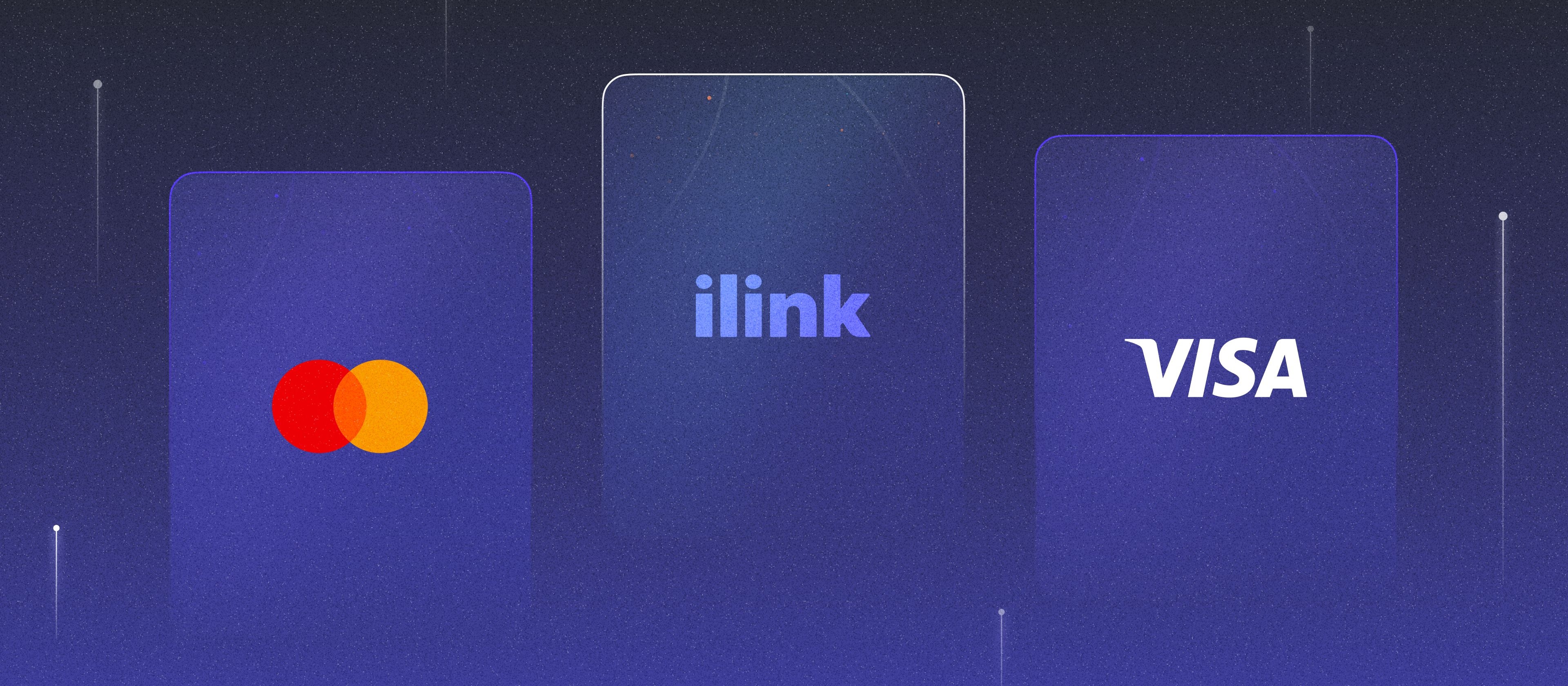Crypto Payment Gateway Development: Powering the Future of Payments

Introduction
The world of finance is moving toward digital currencies, and businesses are looking for reliable ways to accept them. That’s where crypto payment gateway development comes in. A cryptocurrency payment gateway allows merchants to accept Bitcoin, Ethereum, stablecoins, and other digital assets seamlessly, much like traditional card payment processors do. For companies operating globally, a crypto merchant gateway is no longer just an option, it’s becoming a competitive necessity.
Core Features of a Crypto Payment Gateway
A robust cryptocurrency payment system must combine convenience with security. Some of the most essential features include:
- Multi-currency support for Bitcoin, Ethereum, stablecoins, and altcoins.
- Fast and transparent blockchain-based transactions.
- Secure storage of digital assets with hot and cold wallets.
- Merchant dashboards with transaction history and reporting tools.
- Integration via APIs and plugins for e-commerce, POS systems, and SaaS platforms.
- Compliance modules with KYC and AML checks.
These features ensure that crypto payment solutions can be adopted across industries with minimal friction.
The Benefits of Developing a Crypto Payment Gateway
The appeal of crypto payment solutions is growing because they solve problems traditional finance cannot. Businesses benefit from:
- Lower transaction costs compared to banks and card networks.
- Global accessibility, reaching customers in regions underserved by traditional finance.
- Instant settlements without lengthy bank delays.
- Transparency, since all transactions are recorded on the blockchain.
- Customer trust, especially among tech-savvy buyers who prefer paying in crypto.
By adopting a cryptocurrency payment gateway, merchants not only expand their customer base but also future-proof their payment infrastructure.
ilink company develops reliable payment systems and provides ready-made payment solutions for businesses and enterprises ready to launch ideas today.
How to Develop a Crypto Payment Gateway
Building a gateway involves more than coding, it requires strategic planning and secure architecture. The typical process includes:
- Requirement analysis. Defining supported currencies, platforms, and integrations.
- Blockchain selection. Choosing networks (Bitcoin, Ethereum, or multi-chain support).
- Core development. Building APIs, dashboards, and merchant modules.
- Security integration. Adding multi-signature wallets, AML/KYC compliance, and fraud detection.
- Testing. Verifying transaction accuracy, system resilience, and user experience.
- Deployment. Launching the crypto payment gateway into real-world environments.
Businesses can choose between custom development for unique needs or white-label crypto merchant gateway solutions for faster rollout. Contact ilink and get the best white label solution for cryptocurrency payment systems.
Security in Crypto Payment Gateway Development
Security is the backbone of every crypto payment gateway company. Without it, no merchant or customer will trust the system. The main practices include:
- Multi-signature authentication for higher transaction security;
- Hot and cold wallet architecture to reduce hacking risks;
- End-to-end encryption of sensitive data;
- Continuous monitoring for fraud detection;
- Smart contract auditing and penetration testing.
By implementing these measures, businesses ensure that their crypto payment solutions meet the highest standards of trust and reliability.
Use Cases of Crypto Payment Gateways
A cryptocurrency payment gateway can be applied in various industries:
- E-commerce. Online shops accepting Bitcoin and Ethereum as payment;
- Gaming and NFTs. Platforms that let users buy in-game assets or NFTs with crypto;
- Cross-border payments. Businesses expanding into international markets with instant settlement;
- SaaS and subscription services. Companies offering crypto as an alternative to cards and PayPal;
- Retail POS. Physical stores using QR-based payments at checkout.
These use cases show that crypto merchant gateways are more than a trend, they’re a business enabler.
Cost and Timeframe of Crypto Payment Gateway Development
The cost of crypto payment gateway development depends on complexity. A simple integration with limited currency support costs less, while advanced systems with multi-chain support, AML/KYC, and merchant dashboards require greater investment.
On average, development takes 3 to 6 months for a custom solution. White-label crypto payment solutions are faster and more affordable but offer less flexibility. Factors that influence cost include:
- Number of supported cryptocurrencies;
- Security measures required;
- Compliance needs across jurisdictions;
- Custom features like recurring billing or settlement automation.
Understanding these factors helps businesses choose between custom development or white-label options.
Why Partner with a Crypto Payment Gateway Development Company?
Building a secure and scalable solution requires specialized expertise. Working with an experienced crypto payment gateway company ensures:
- Access to blockchain and security professionals.
- Faster time-to-market through ready-made modules.
- Ongoing updates, monitoring, and compliance support.
- Scalable solutions that grow with transaction volumes.
For businesses entering the crypto economy, partnering with a trusted crypto merchant gateway provider reduces risks and ensures success.
As cryptocurrency adoption grows, businesses need reliable crypto payment solutions to stay competitive. From lower fees and faster settlements to global accessibility, the benefits are clear. Through careful crypto payment gateway development, secure architecture, and the right partnerships, merchants can integrate digital currencies into their payment systems with confidence.
Comments (0)
Latest Posts

Whether you’re creating a fintech app, a healthcare platform, or an enterprise automation system, the right artificial intelligence development tools can determine the success of your project.

Applications must not only function smoothly but also withstand attacks, protect sensitive data, and meet compliance standards.
Do You Have Any Questions?
Leave your details - we will contact you to answer all your questions

